Automation Means Evolving Workforce

Posted on Jan 12, 2015 10:13 AM. 4 min read time
Recently I had a discussion with friends and family about the place of automation in our society. Many people are claiming that robots are stealing jobs from people and that we will face a social breakdown at some point usually in the near future. My answer is always: What happened when computers where first introduce to the market? The post office didn't go away when everybody started to send emails, right? Workforces are just constantly evolving and adapting to new technologies and always will be.
Unemployment
Of course the debate about technology (robotic in our case) stealing jobs is constant. Do robots steal jobs, do they create jobs... I don't have an answer for that. What I can tell you for the moment is that a lot of people have been thinking about this issue and at the end of the day, they concluded that we need to evolve to adapt to our constantly evolving world.
“The correct concern is what we’re going to do to improve the education systems and incentive systems globally, in order to get people prepared for this new world, so they can maximize their income.” - Eric Schimdt, former Google CEO
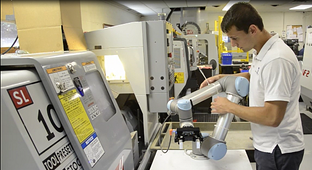 Schmidt was involved in the worlds most efficient artificially intelligent system. He contributed to the ''self-driving'' car and the well-known Google search engine. Although, he said that the introduction of automation has to be considered. Schmidt admits sitting in a self-driving car is not an “altogether happy” experience (read: it’s terrifying). He also believes that all the fear surrounding machines stealing jobs and taking over the world is unwarranted.
Schmidt was involved in the worlds most efficient artificially intelligent system. He contributed to the ''self-driving'' car and the well-known Google search engine. Although, he said that the introduction of automation has to be considered. Schmidt admits sitting in a self-driving car is not an “altogether happy” experience (read: it’s terrifying). He also believes that all the fear surrounding machines stealing jobs and taking over the world is unwarranted.
“Go back to the history of the loom. There was absolute dislocation, but I think all of us are better off with more mechanized ways of getting clothes made. There’s lots of evidence that when computers show up, wages go up. There’s lots of evidence that people who work with computers are paid more than people without.” - Eric Schimdt, former Google CEO
What I notice about these reflections is that the workforce adapts itself to the technologies. For sure jobs have been relocated and people were probably laid-off or retrained or not replaced at retirement, but at the end of the day, the unemployment rate has stayed relatively stable after all. Robot sales are increasing by about 9% per year in North America, yet the unemployment rate doesn't seems to increasing by this same proportion. In fact, the unemployment rate in the USA from 2000 to 2014 has gone from 4% to 6% (an increase of only 2%, not 9) with a huge peak in 2008-2009 related to the bank crisis, not robotics. Since 2009 it has lowered each year. So basically, there doesn't seem to be a direct relationship or maybe even any relationship between unemployment and automation.
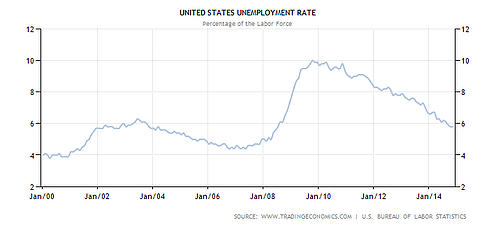 Workforce Evolution
Workforce Evolution
However, what should be considered is the switch/evolution of the market in all fields of activities. While there are certainly some jobs that are not adapted any longer due to automation, workers are still needed, but for higher-level, more tech-related jobs. In fact, the logistics industry estimates that it will create 270,200 job openings each coming year, which will bring over one million job openings nationwide (USA) over the next four years, as predicted by the Georgia Center of Innovation for Logistics. In addition, the Manufacturing Institute estimates that approximately 600,000 positions presently go unfilled every year.
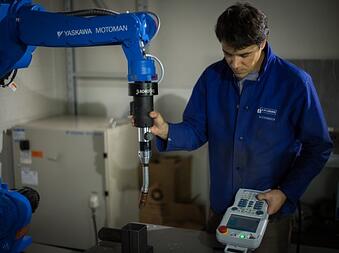
New job opportunities are actually on the rise. It's becoming extremely difficult to fill these positions due to the missing skill set of the current talent pool. In fact, the U.S. Roadmap for Material Handling & Logistics predicted that by 2025, the gap between the workforce needs and the work availability will continue to grow. To close this gap, it is important to educate the next generation so that they are ready to fill these new positions.
In the future the workforce will certainly continue to evolve, especially as technology does the same. Now is the time to reach out to these potential employees and ensure that the proper resources and training are available to prepare them to positively impact their future employers. At the end of the day, the right automation technology paired with the right workers will position companies for success.
To get an example of how positive a career switch due to robotization can be, look at the following article. This machinist learned new highly skilled tasks and totally switch his focus from one CNC machine to include one robot machine. In the end not such a large challenge with the right tools.
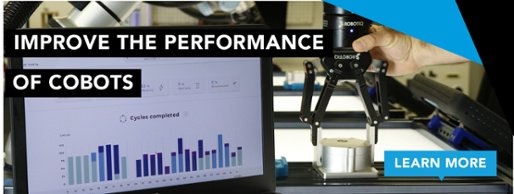



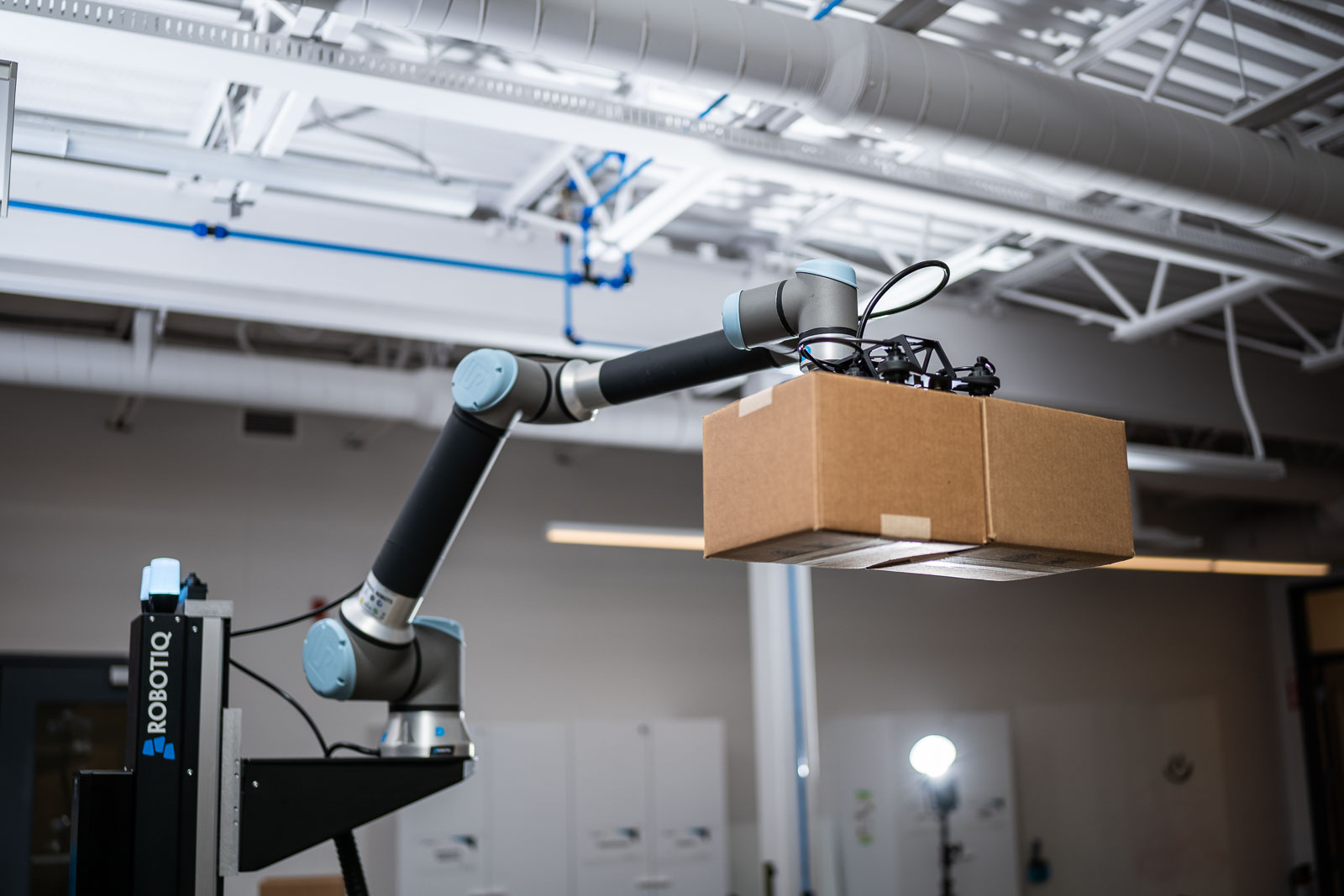
.png)
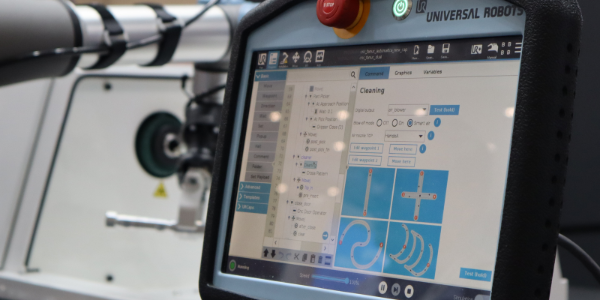


Leave a comment